0 Comments
Midnight Monkey Business Undone, Part 2: Lewis Bill to Reject Obama MPO Rule Passes Committee3/29/2017  On March 29th, 2017 the Lewis-Lipinski sponsored bill, HR 1346, UNANIMOUSLY passed the Transportation and Infrastructure Committee. This bi-partisan bill would reject the Obama rule that would greatly expand the powers of Metropolitan Planning Organizations across the country, including across state lines. Locally the Obama rule means the Met Council's reach would extend into Wisconsin, and into new counties that have never been subject to the unelected Council's centralized planning. I've personally spoken with agencies from across the country that are deeply concerned about this Obama rule, which was of course issued without legislative vote. That concern is reflected in the bipartisan sponsorship of, and unanimous committee support to reject the Obama MPO rule that would greatly expand federal power over transportation and local land use. Let's make sure HR 1346 passes the full House with similar support, and gets through the Senate. And thanks, Rep. Jason Lewis! |
Kevin TerrellSure, e-books have a place in the world. I just prefer real ones, in order to make the job a bit harder for any real life Winston Smith who might be out there. Archives
February 2019
Categories
All
|

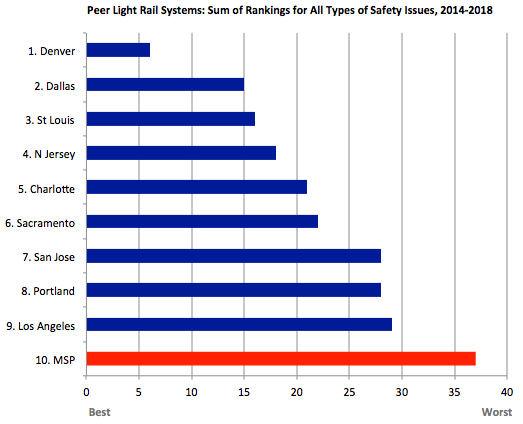
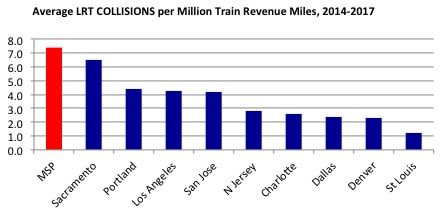
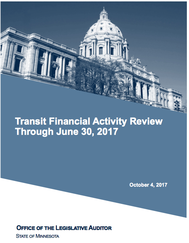
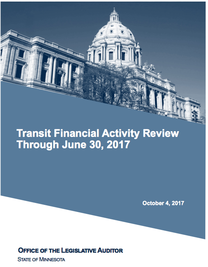
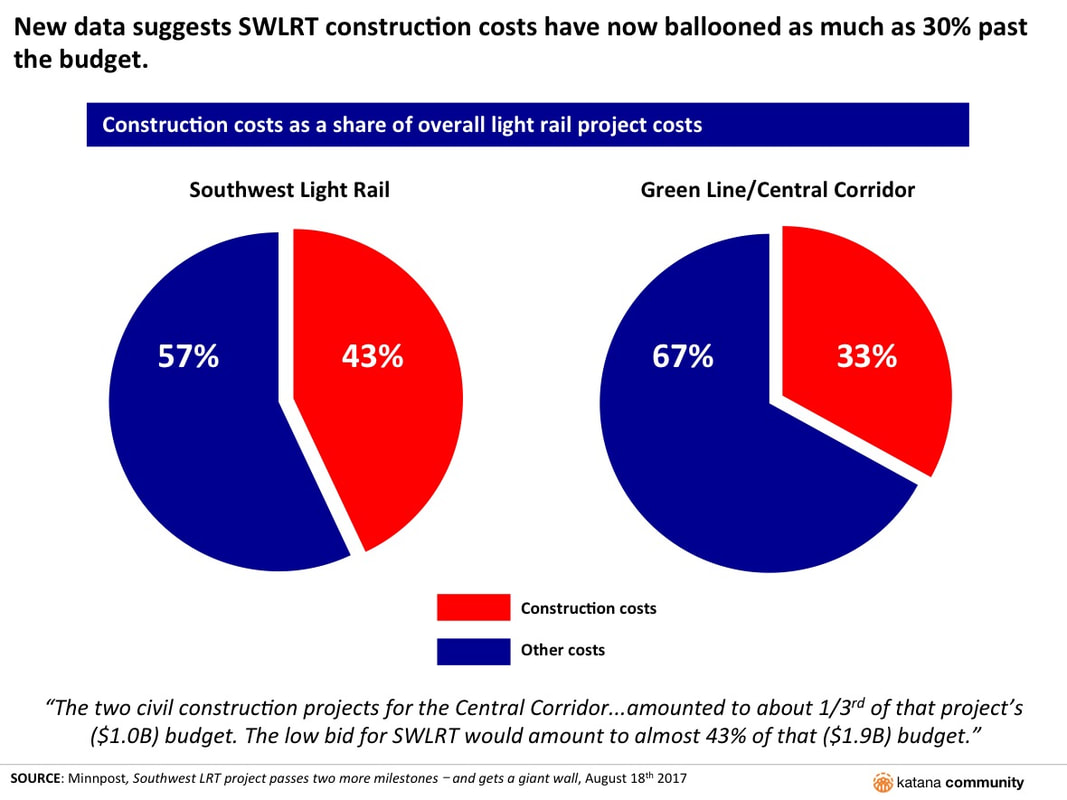
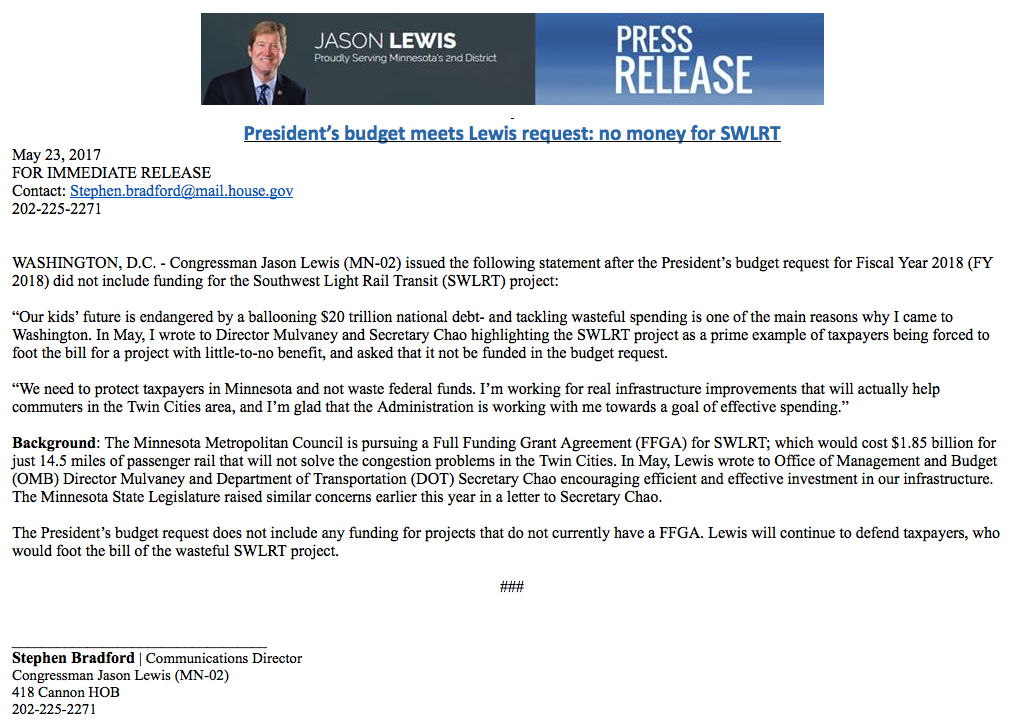
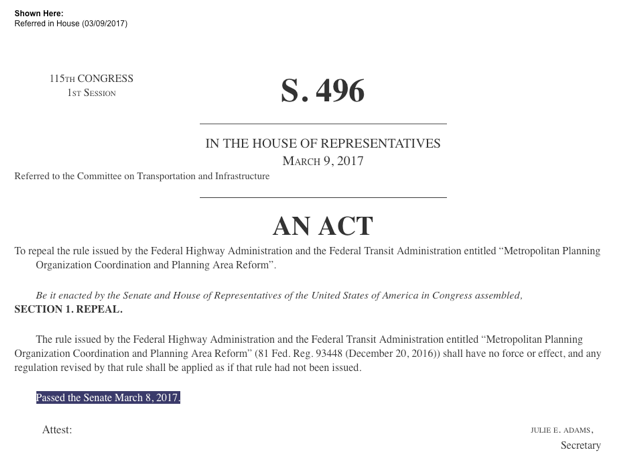
 RSS Feed
RSS Feed